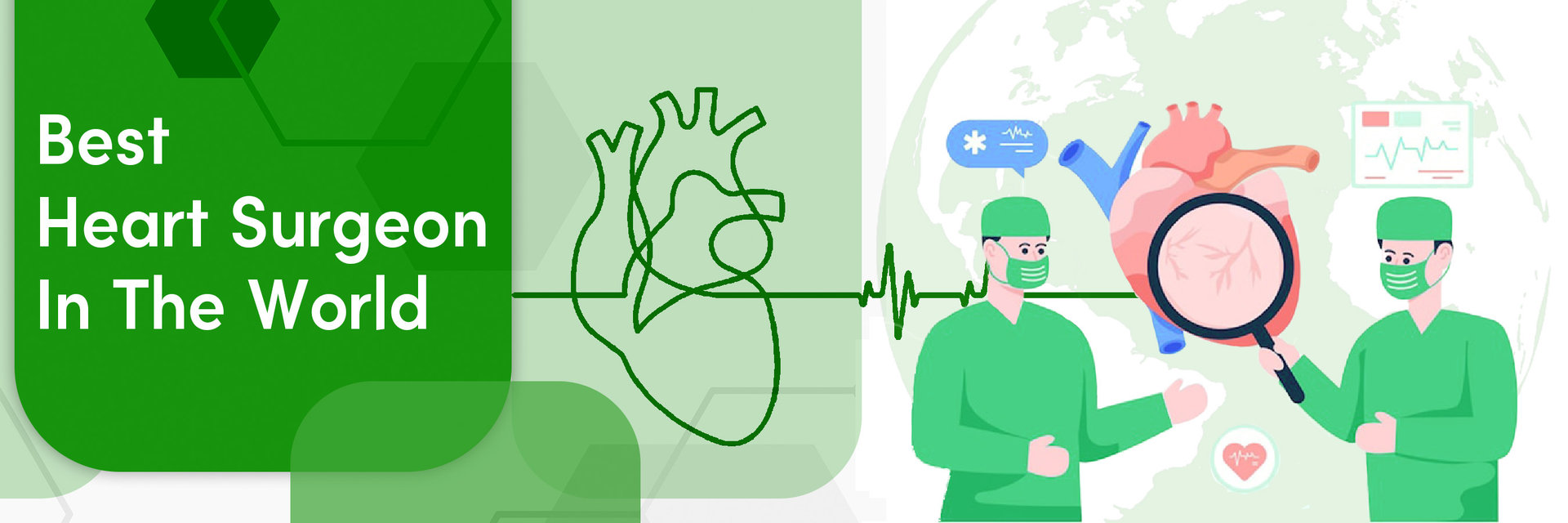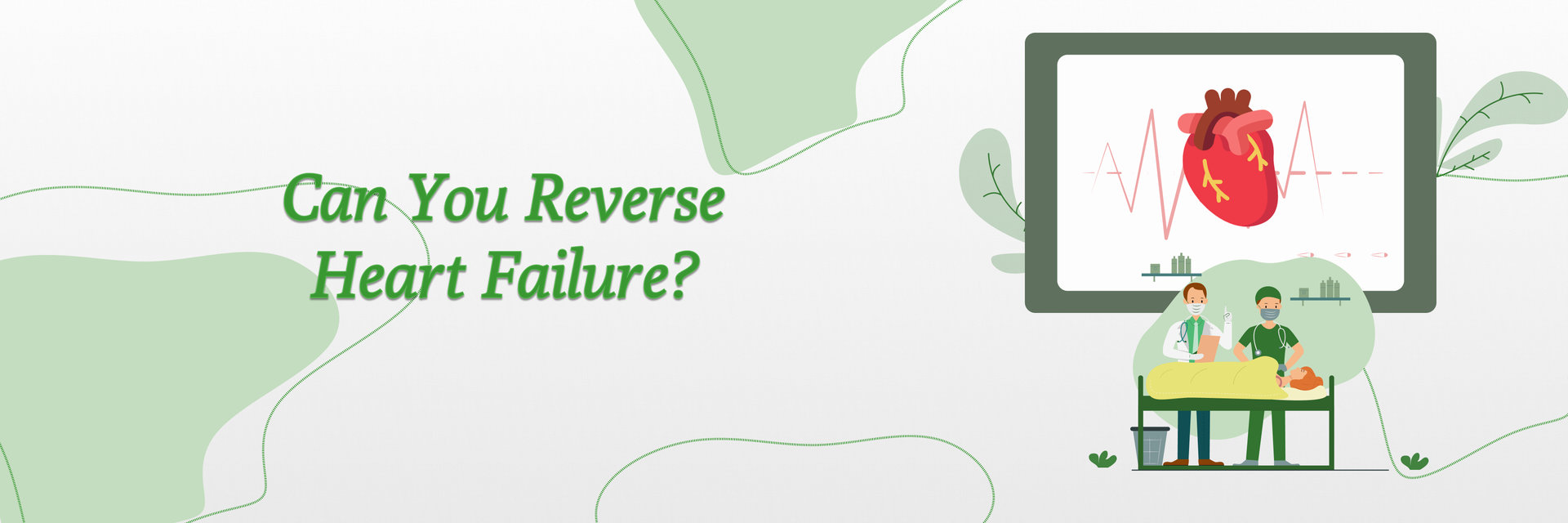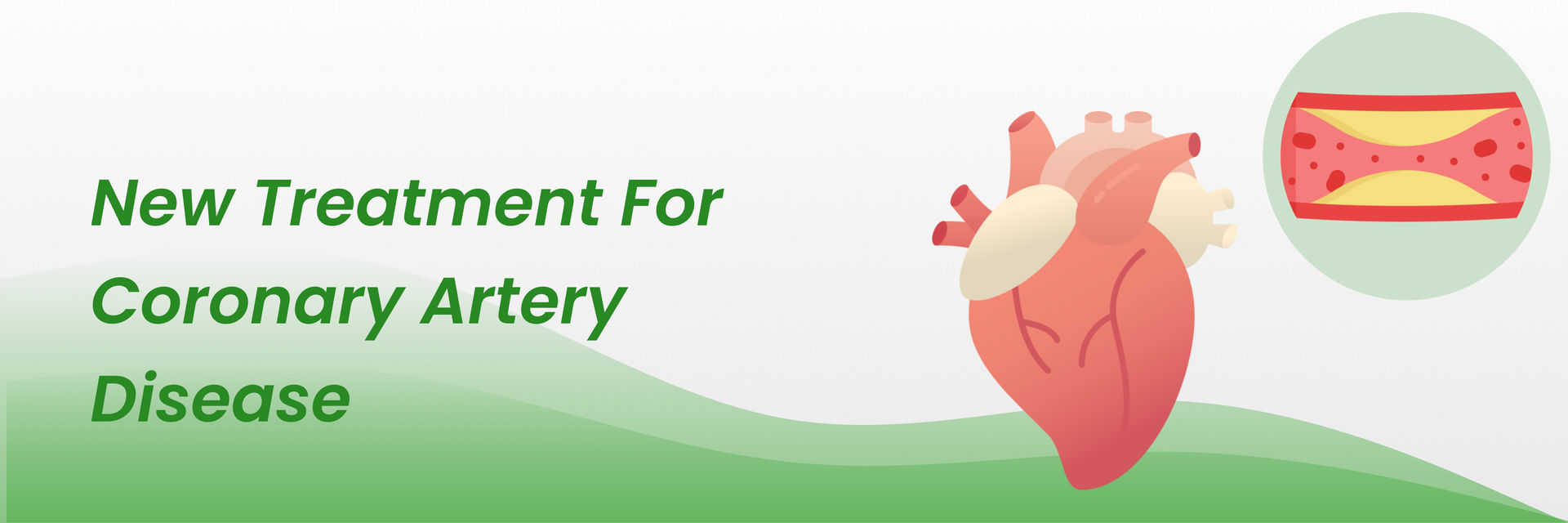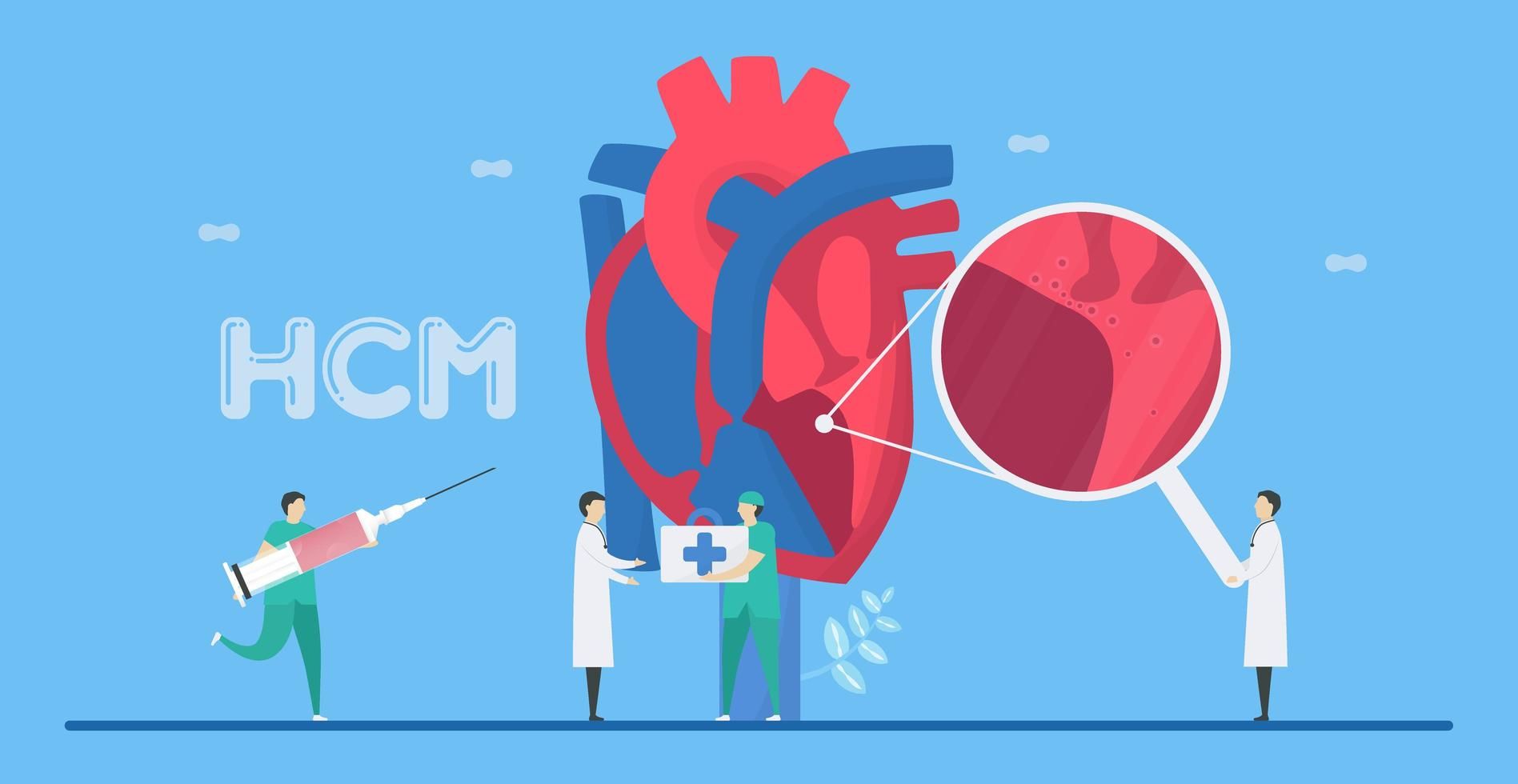Overview
Cardiomyopathy is a severe condition that affects the heart muscle and its ability to function efficiently. It can occur at any time, but it is mainly about when it happens during pregnancy. It puts extra strain on the heart, and if it is already weakened by cardiomyopathy, it can lead to serious complications for both the mother and the baby.
The good news is that with proper care and management, it is possible for pregnant women with cardiomyopathy to have successful pregnancies and healthy outcomes.
This article will discuss the causes, symptoms, and management of cardiomyopathy in pregnancy. Getting proper care from a cardiologist/gynecologist who has experience managing this condition during pregnancy is necessary. However, the women need to receive specialized care.
- Pre-existing cardiac disease, advanced maternal age, many gestations, and pre-existing diabetes or hypertension are the several risk factors. Other factors include smoking, obesity, and preterm labor.
- Mortality rates associated vary, with reported rates ranging from 5%-23%. The most common complication is preterm delivery, with reported rates ranging from 10%-40%. Other complications include fetal distress, fetal death, and maternal death.
- The prognosis of cardiomyopathy in pregnancy is generally good if recognized and managed appropriately. Treatment involves addressing the underlying cardiac condition and providing supportive care.
Let's dive deep and discover how common it is and how it affects women during pregnancy.
How common is Cardiomyopathy in Pregnancy?
Cardiomyopathy is a relatively rare condition in pregnancy. It occurs in about 1 in every 1,000 pregnancies. Yet, it can be more common in women with certain risk factors. It includes a history of heart disease, high blood pressure, or diabetes. It is also more common in pregnant women with twins or triplets or who have a family history of cardiomyopathy.
It is a significant pregnancy complication, as it can have severe consequences for both the mother and the fetus. Hence, it is crucial to be aware of the signs and peripartum cardiomyopathy symptoms so that it can be diagnosed and treated as soon as possible.
If you have any of these risk factors and are planning to become pregnant, you must discuss them with your doctors. They can help you understand your risk of developing cardiomyopathy during pregnancy and what you can do to lower that risk.
You may check the best heart hospitals and cardiologist in India for your reference.
According to William James from My Access Health,
“Cardiomyopathy can be detected during pregnancy through a variety of tests such as echocardiograms, electrocardiograms, and other imaging tests. These tests can help detect if the heart muscle is thickened, enlarged, or not functioning properly."
"Pregnant women who have a family history of cardiomyopathy or other heart conditions are at a higher risk of developing the condition and may be monitored more closely during pregnancy. Additionally, regular prenatal care can help detect any signs or symptoms of cardiomyopathy early on.”
Doctors would also suggest additional tests like the anomaly scan to evaluate the fetus anatomy and to determine the structural abonormalities if any.
How does cardiomyopathy affect pregnancy?
Cardiomyopathy can affect pregnancy in several ways. It can increase the risk of complications like preeclampsia, gestational diabetes, and preeclampsia. It can have severe consequences for both the mother and the baby during pregnancy.
According to Dr. Richa Agarwal of iCliniq -
“Peripartum cardiomyopathy is a rare disorder in which a pregnant woman's heart becomes weakened and enlarged. It develops during the last month of pregnancy, or within 5 months after the baby is born. It may cause heart failure and arrhythmia.”
It increases the risk of preterm labor and delivery, fetal distress, and stillbirth. Women with cardiomyopathy are at risk for developing heart failure during pregnancy. Which in turn leads to maternal and fetal complications. Developing cardiomyopathy during pregnancy is also increased in women who have pre-existing cardiomyopathy. Thus, women with cardiomyopathy should be monitored during pregnancy to ensure the best outcome for the mother and baby.
The heart's ability to pump blood is essential for maintaining the health of both the mother and the baby. When the heart muscle is weak, it may not pump enough blood to meet the needs of both the mother and the baby, leading to problems such as:
- Preterm labor
Cardiomyopathy can increase the risk of preterm labor, which is when labor pain begins before 37 weeks of pregnancy. Preterm labor can be dangerous for the baby, as it may not be fully developed and unable to survive outside the womb.
- Low birth weight
Cardiomyopathy can also lead to low birth weight, which is when a baby is born weighing less than 5 pounds 8 ounces. Low birth weight can increase the risk of health problems for the baby.
- Preeclampsia
Preeclampsia can be dangerous for both the mother and the baby. It's a condition that occurs during pregnancy and is defined by high blood pressure and protein in the urine. It leads to serious complications like placental abruption when the placenta separates from the uterus before delivery.
- Heart failure
In severe cases, cardiomyopathy can lead to signs of heart failure in pregnancy. That's when the heart cannot pump enough blood to meet the body's needs. Heart failure and pregnancy can be life-threatening for both the mother and the baby.
Many women with cardiomyopathy have successful pregnancies and healthy outcomes with proper care.
Can cardiomyopathy in pregnancy affect the baby?
Yes, cardiomyopathy in pregnancy can affect the baby. The condition can lead to
- premature birth
- low birth weight
- even fetal death
The mother's weakened heart muscle can make it difficult to deliver the baby and also can increase the risk of complications during delivery which has to be treated by the best gynecologists at the gynecology hospitals in India.
Does cardiomyopathy go away after pregnancy?
No, cardiomyopathy does not go away after pregnancy. Cardiomyopathy is a chronic condition that can be managed with medication and lifestyle changes, but it does not go away.
The course of cardiomyopathy after pregnancy can vary. In some cases, the condition improves or resolves completely after pregnancy. But, in other cases, the condition may persist or even worsen after pregnancy.
The likelihood of improvement or resolution of cardiomyopathy after pregnancy depends on several factors. Like the underlying cause of the condition, the severity of the condition, and the response to treatment.
Severe symptoms of cardiomyopathy in pregnancy
Symptoms | Description |
| Shortness of breath | This can occur even at rest and may be worse when lying down or exercising. |
| Chest pain | This can be a sign of a heart attack or other serious problems. |
| Swelling | In the legs, ankles, and feet can be a sign of fluid build-up, which can be a serious complication of cardiomyopathy. |
| Rapid or irregular heartbeat | This can be a sign of an abnormal heart rhythm, which can be dangerous. |
| Fatigue | Feeling tired or weak can be a sign of heart failure. |
| Dizziness or fainting | This can be a sign of low blood pressure or a problem with blood flow to the brain. |
How is cardiomyopathy treated during pregnancy?
In general, the goal of treatment is to improve the function of the heart and reduce the risk of complications for both the mother and the baby.
Treatment options may include:
Treatment | Description |
| Medications | Angiotensin-converting enzyme inhibitors (ACE inhibitors) and angiotensin receptor blockers (ARBs) help improve the function of the heart and lower the risk of complications. Other medications, such as beta-blockers and diuretics, may be used to control heart rate and blood pressure. |
| Surgery | Open heart surgery can be used to treat heart failure, arrhythmia and even cardiomyopathy. For heart failure, it involves coronary artery bypass grafting (CABG) or valve repair/ replacement procedures. |
| Lifestyle changes | Making healthy lifestyle changes, such as eating a healthy diet, getting plenty of rest, and avoiding activities that could strain the heart, may help improve the function of the heart and lower the risk of complications. |
| Close monitoring | Regular monitoring of the mother's heart function and blood pressure can help identify any problems early on and allow for prompt treatment. |
| Delivery planning | If the mother's condition is severe, it may be necessary to plan for delivery earlier in the pregnancy to reduce the risk of complications. |
It is important for women with cardiomyopathy to work to develop a treatment plan that is tailored to their individual needs. With proper care and management, many women with cardiomyopathy can have successful pregnancies and healthy outcomes.
Note: Consume medicines only as prescribed by your doctor.
Cardiomyopathy during pregnancy is treated using a combination of medication and lifestyle modification. Medication may include diuretics to reduce fluid buildup, ACE inhibitors or angiotensin receptor blockers to reduce blood pressure and reduce strain on the heart, and beta blockers to reduce heart rate.
According to Leah Alexander, M.D.FAAP, a board-certified Pediatrician in New Jersey and the medical consultant,
The treatment for cardiomyopathy during pregnancy depends on the severity of the condition. In some cases, medications such as diuretics may be prescribed to help reduce fluid retention and improve symptoms. In severe cases, a woman may need close monitoring throughout her pregnancy and delivery by a team of doctors experienced in managing cardiomyopathy during pregnancy. Some women may need a cesarean delivery to reduce the risk of complications due to the strain placed on the heart by labor and delivery.
Limiting physical activity, eating a healthy diet, getting plenty of rest, and avoiding stress are some lifestyle changes that one can follow. In some cases, an implantable cardioverter-defibrillator (ICD) is also recommended to check the heart and provide a shock if needed. If the condition is severe, a cesarean section may be recommended for delivery.
References:







